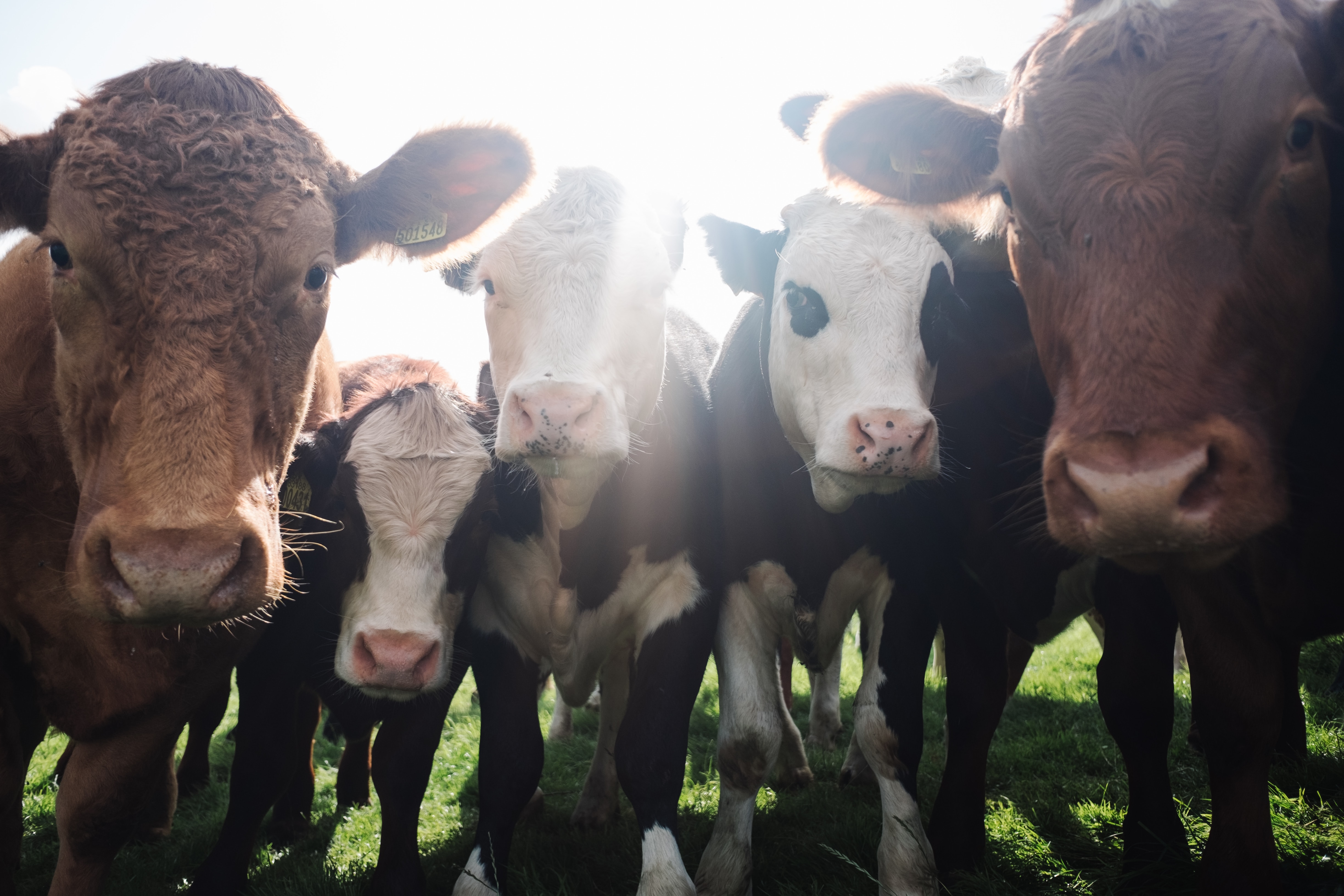I’ve had some questions regarding coronavirus and animals, both livestock and pets; Below are some points from the Texas Animal Health Commission from a bulletin updated March 23, 2020.
We all now know that Coronavirus is a large family of viruses. Some strains affect animals, while others affect people. Most coronaviruses stick to their own species. While it was a novel (new) mutation, COVID-19 has not been proven to circulate between people and animals.
The Center for Disease Control and Prevention (CDC) says there is no evidence at this time that animals can become ill with COVID-19 or that they can spread it to other animals or people. Furthermore, the CDC has not received any reports of pets or other animals becoming sick with COVID-19 in the United States.
The Texas Animal Health Commission states, “There is a very specific molecular structure of coronaviruses to make each [strain] compatible with the specific species they infect. All species have different cellular structures and react differently to each virus. While one species can be infected, another could pass the virus through its body without any effects.”
You may be surprised to learn that there are livestock and companion animal coronavirus vaccines available, but animal owners should be aware these vaccines provide protection against other specific coronaviruses and not the virus causing COVID-19. The livestock and companion animal coronavirus vaccines are not approved for use in people. These vaccines are intended for use in animals only and do not protect against COVID-19.
Now if you are keeping socially distant, but your dog, or someone else’s dog isn’t, is that a problem? Not really. Fur is a very poor transmitter of this viral disease.
In researching this column, I learned a new word: Fomite. A fomite is an object or material which is likely to carry infection.
A “good fomite” is a smooth, non-porous surface like a countertop or a doorknob. We know that we must clean these surfaces to prevent the spread of disease. Yet porous and fibrous materials, such as fur (or hair in general), would be a poor fomite as it absorbs and traps the virus, making it harder to contract through a simple touch.
The bottom line is that you can pet, scratch, and just love on your animals with no worries at all.
So, what should you do if you have questions about my livestock and pets recent change in health? Call your veterinarian! We have several quality veterinarians in our area, and they can certainly set up an appointment for your pet.
Be assured that there are no movement restrictions on livestock in the U.S. related to COVID-19. Horses, cattle, hogs, chickens and more can be transported without any worries.
Are livestock markets open? Yes. Livestock markets are open and continue to operate across the U.S. and Texas. Please contact your local market if you have questions. Please remember, livestock auction barns are working with their state and local public health officials to implement appropriate measures to reduce the spread of COVID-19 to other people, but your trailer full of calves have nothing to worry about.











